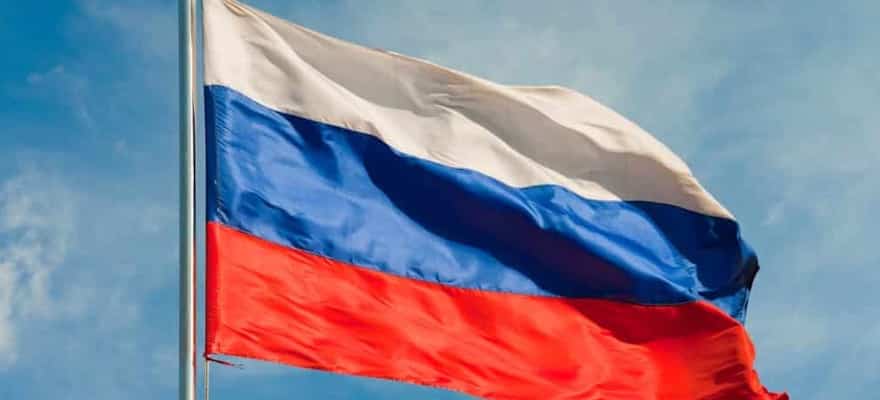Russia is a cold and wintry country in Eastern Europe ruled over by Vladimir Putin. It's also home to a government that is not amenable to the retail trading industry.
In fact, at the end of December 2018, the Central Bank of Russia effectively shut down the industry by forcing five of the countries regulated brokers, including Alpari and TeleTrade, to shut down.
Of course, the remaining brokers are all owned by major firms with, surprise surprise, close connections to the Russian government.
For their part, the Central Bank of Russia has said that the firms had repeatedly violated regulatory requirements and that authorities had grown tired of their behavior.
Amongst a litany of other alleged legal infringements, the regulator said that firms had not held adequate capital funds, violated accounting procedures, disclosed inaccurate information on their websites and failed to meet any Risk Management standards set by regulatory authorities.
Mission complete
After being given a month to cease operations, the Central Bank of Russia said on Tuesday that the five brokers had fulfilled their Obligations to customers.
But that's not the end of things for the firms. No, they'll still have to submit an account of their winding up procedures to the Central Bank of Russia by the first day of February this year.
"Reports on the performance of obligations by companies as of January 27, 2019 should be submitted to the Bank of Russia on February 1, 2019," the regulator said in a statement on Monday.
That shouldn't be a problem for the affected brokers. Alpari, for instance, said that it had wrapped up its Russian operations last week. The same was true for TeleTrade.
As dramatic as all of this is, it's unlikely to actually change anything in Russia. An overwhelming majority of retail traders in the world's largest country use offshore brokers, meaning that a Russian regulatory license is fairly meaningless to them.


















